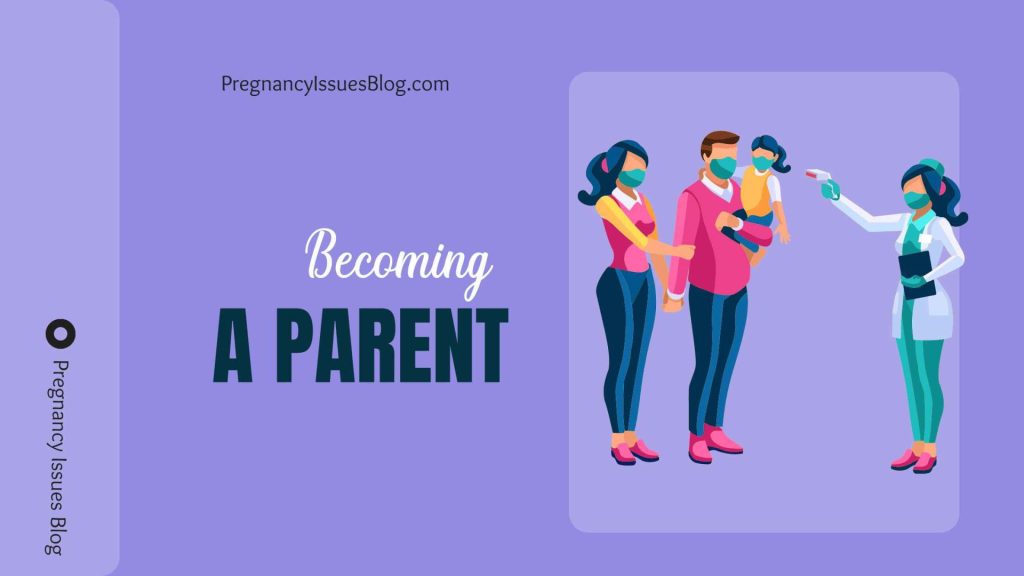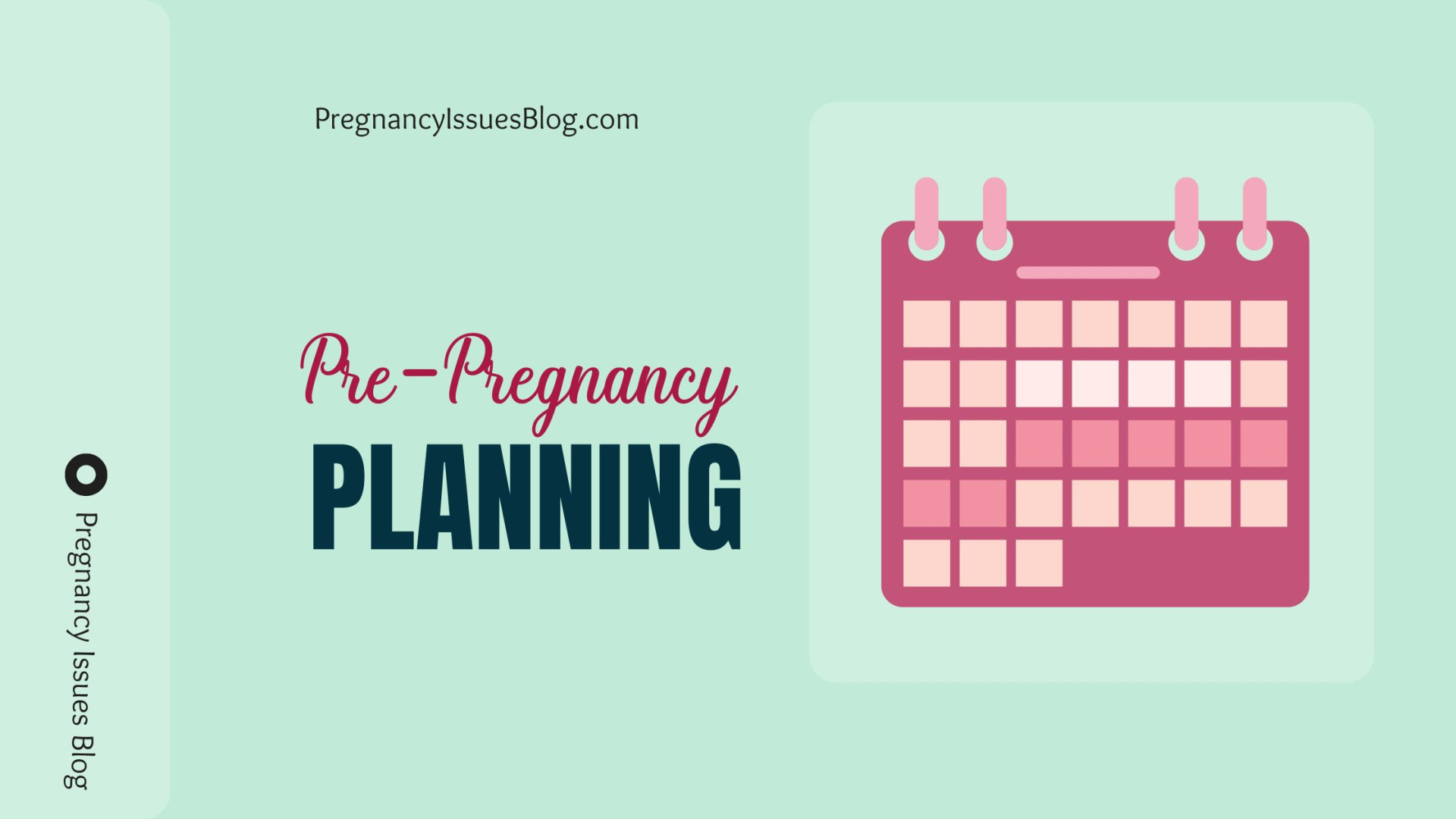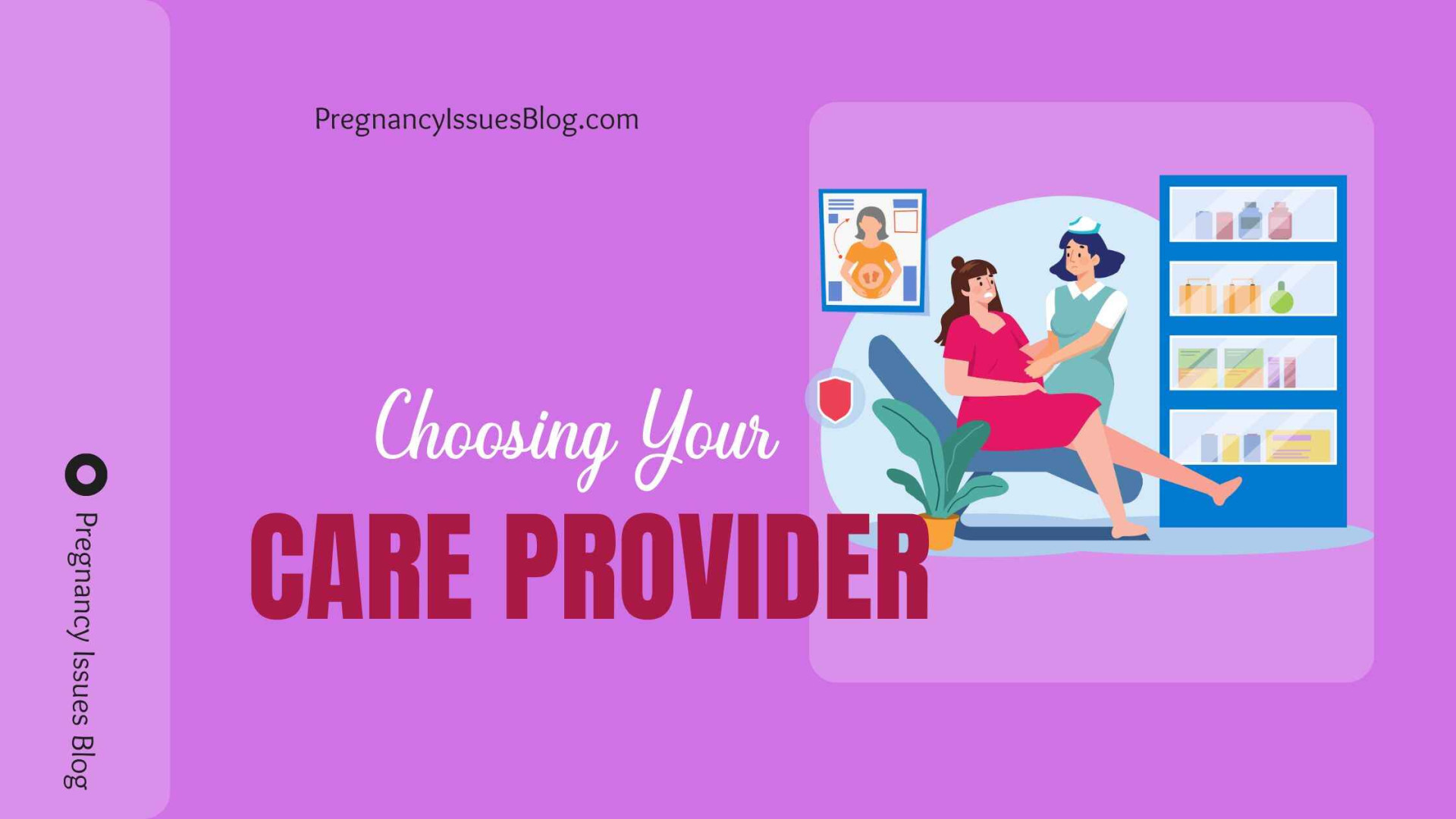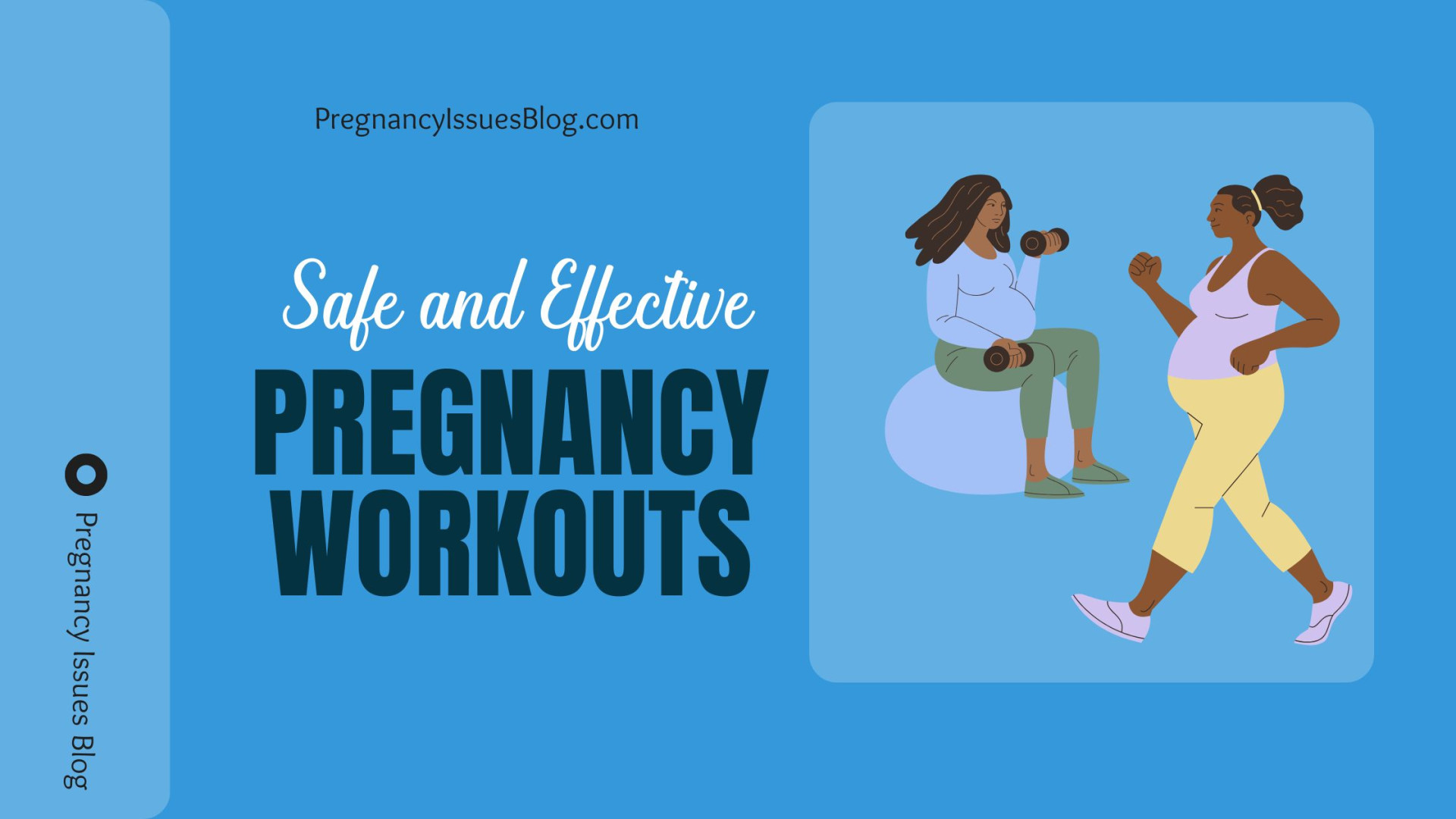So, you are thinking about becoming a parent? That can be thrilling, but also scary and nerve-wracking. Because, well, childbirth is a BIG deal!
Our journey through parenthood reshaped every part of our lives, popping up in daily routines and long-term planning. But how can you know if you are really ready for this huge decision?
They’re not ready in the sense of just wanting a baby, they are ready for the onslaught that is raising one.
Today, however, we will discuss essential item 3; the most crucial criteria you must meet before diving head first into parenting.
From emotional readiness and a support system to better financial planning, we will consider everything that matters to make the best decision in your life.
Continue reading and we will get to the bottom of whether you are ready for the amazing transition into parenthood.

Table of Contents
ToggleBecoming a Parent – Understanding the Impact of Parenthood
Life changes to expect
Becoming a parent is a transformative experience that affects virtually every aspect of your life. You’ll need to adjust your daily routines, priorities, and even your identity.
You can count on sleepless nights, a change in how you interact socially, and suddenly gain this overwhelming feeling of responsibility.
It would also mean changes in your home environment with baby-proofing and stuff pouring on your doorstep every other second. Balance between child care and other obligations when you have to look after your child as well, time management becomes key from the onset.
Career Implications
Parenthood can significantly impact your professional life. You may need to reassess your work-life balance, potentially leading to changes in your career trajectory. Some parents opt for more flexible work arrangements or reduced hours, while others may take extended parental leave.
It’s essential to understand your company’s policies and plan accordingly. Career advancement might slow down temporarily, but many find that parenthood enhances valuable skills like multitasking and empathy.
Financial Considerations
The financial impact of having a child is substantial and long-lasting. Immediate costs include medical expenses, baby gear, and potentially reduced income during parental leave.
Longer term expenses include child care, education, extracurricular activities and increased household costs. It’s very important to budget for these new expenses as well as maybe adjust how you’re saving and investing your money.
Physical and emotional demands
Being a parent is exhausting, physically and mentally. When you conceive and give birth, it causes your body to undergo a massive transformation, and your body takes months to heal after that.
In the early months, many of us suffer from much-needed sleep deprivation, which is not only bad for our physical health but can be terrible for our state of mind.
Parents, meanwhile, may be laughing one minute and slamming doors the next. It’s important to prepare for these challenges and develop coping strategies.
You read the post on how having kids changes you, so now it’s time to look at if you’re prepared emotionally for this “season” (spoiler: you never are).

Assessing Your Emotional Readiness
Before starting on the journey of parenthood, it’s crucial to evaluate your emotional preparedness. This introspective process will help you understand if you’re truly ready for the challenges and joys that come with raising a child.
Patience and adaptability
Being a parent: The Ultimate anxiety-provoking and unpredictable job ever. Parenthood requires an abundance of patience and the ability to adapt to constantly changing situations.
Children develop at their own pace and often test boundaries, demanding a calm and flexible approach from their caregivers. Ask yourself if you can remain composed during trying times and adjust your expectations as needed.
Willingness to prioritize a child’s needs
Becoming a parent means putting your child’s needs before your own. Consider whether you’re prepared to make sacrifices in your personal and professional life to ensure your child’s well-being.
This might involve adjusting your sleep schedule, social activities, or career goals to accommodate your new role as a parent.
Coping with stress and challenges
Raising a child comes with its fair share of stressors and unexpected challenges. Reflect on your current stress management techniques and how well you handle difficult situations.
Are you able to maintain a positive outlook and problem-solve effectively when faced with obstacles? Developing strong coping mechanisms is essential for navigating the ups and downs of parenthood.
Stability in relationships
Your partner, if you are with someone special or have any commitment relationship (it has a lot of importance during this phase to know how much strong your tie is with him and learn his position on parenthood), has a big weight in this decision.
Again, great thought points regarding stability within your support network, and how introducing a child may change these relationships. When you have strong and healthy connections, parenting is something that can be benchmarked with ease while it also serves as a guide for all your ups and downs in raising an offspring.
Coming up, I discussed some of the emotional aspects of having children… now we go to the most underrated part when you’re thinking about raising a child: your network.

Evaluating Your Support System
When considering parenthood, it’s crucial to assess the support system and network you have in place. A strong support network can make a significant difference in your parenting journey, providing both practical assistance and emotional backing.
Community Resources for Parents
Many communities offer valuable resources for new and expectant parents. These may include parenting classes, support groups, and educational workshops.
Look into local community centers, libraries, or hospitals to find out what’s available in your area. These resources can provide valuable information and connect you with other parents-to-be.
Access to Childcare Options
Childcare is a critical consideration for many parents, especially those planning to return to work. Research the various childcare options in your area, such as daycare centers, in-home care providers, or nanny services.
Consider factors like cost, availability, and quality to determine which options might work best for your family.
Family and Friends’ Support
The support of family and friends can be invaluable during parenthood. Assess your current relationships and consider who might be willing and able to offer help, whether it’s babysitting, emotional support, or practical assistance.
Having a network of trusted individuals can provide much-needed relief and encouragement.
Partner’s Readiness and Involvement
If you have a partner, it’s essential to discuss their readiness for parenthood and expectations regarding involvement. Open communication about shared responsibilities, parenting styles, and mutual support is crucial for a successful transition to parenthood.
Ensure you’re both on the same page and ready to tackle the challenges and joys of raising a child together.
With a clear understanding of your support system, you’ll be better equipped to make an informed decision about becoming a parent. Next, let’s see the financial aspects of parenthood and how to prepare for the economic responsibilities that come with raising a child.

Financial Preparedness
Part of this consideration, and rightfully so, is financial planning when it comes to ascertaining whether you are prepared to become a parent.
If you are new or have begun this process, this is the time to assess your finances and make the changes necessary so that you and your baby can march into a beautiful, nurturing future together.
A. Saving for education
Usually one of the biggest long-term financial decisions parents will make is how to save for their child’s education. Research what education costs in your area and keep realistic expectations on how much you can save.
You can start a separate savings account just for education or look at things like 529 plans, which also come with the benefit of additional tax advantages.
B. Planning for parental leave
Coming up with a plan for parental leave is crucial to being financially prepared. Look into your employer’s guidelines on parental leave along with local and federal laws offering protections.
Figure out what you can do in your home country and then calculate how much time you can afford to take off work, budgeting accordingly. For extra buffering, you might want to consider tucking some cash aside to blend into paid or unpaid leave.
C. Healthcare and insurance considerations
Healthcare costs can increase significantly with a new family member. Review your current health insurance plan to understand coverage for prenatal care, delivery, and pediatric services.
Consider upgrading your plan if necessary and explore additional insurance options such as life insurance or disability coverage to protect your family’s financial future.
D. Budgeting for a child
Key in this is creating a robust financial plan that includes provisions for the true cost of raising a child over time. You also must factor in the cost of diapers, formula, clothing, child care and medical care.
Be sure to factor in things that will only be a one-time cost, like the price of nursery furniture or baby gear. Tweak your spending to make room for these new costs and try to prioritise an emergency fund.
The financial side of adding a child to the family is something you should take into consideration because having kids truly means life will change and you want to plan for that.
Having a stable financial footing makes you more prepared and less likely to lose your sanity as you go through the kid raising years.

Lifestyle Compatibility
The Important Questions To Ask As You Plan Your Journey To Parenthood Here are the aspects of Lifestyle Compatibility that soon-to-be parents should look at before having a baby:
Creating a child-friendly home environment
Converting your home into a safe, nurturing space for your little one is crucial in getting ready to be a parent. This goes beyond just baby-proofing, it is about the enabling home that promotes growth, education and safety.
Design new zones for playing, napping and family time. Assess your home situation for comfort as much as it is supportive of a family growing up.
Adapting your social life
For most, there are very few if any much left of a social event after you have become a parent. This doesn’t mean that your social life is over but rather that it takes a back seat on the list of priorities and forces you to plan and save strategically.
Chances are you will not stay out till 3 am but stay overnight up to 4 as your baby is sharing this new world with you.
Additionally, you need to work out how you are going to maintain friendships and relationships with taking on so much of your new role as a parent.
Balancing personal goals with parenthood
Parenting can be all-consuming, but it’s so important to keep a bit of that self and go after what you want in life. Think over your career aspirations, what you enjoy for fun, and even your personal growth prospects.
Think about how you can incorporate them with your parenting duties. This way you can keep your identity while also holding the space for being a mom.
Time management skills
This is even more important and critical when it comes down to taking care of a child. Stressed working parents often have a never-ending “to-do” list such as work, home chores and children.
Think about the time management skills you already have, and ways you can apply them to meeting your 24/7 schedule of parenting (what — did you think this job was only ever 9 to 5!?)
With these lifestyle factors in mind, it’s time to turn our attention to another crucial aspect of family planning: health and fertility factors.
Health and Fertility Factors
When you’re planning to become a parent, it’s crucial to evaluate your health and fertility factors. This assessment can help you make informed decisions and prepare for a healthy pregnancy.
1. Genetic Counseling Options
Genetic counseling is an essential step in pre planning pregnancy. It involves meeting with a healthcare professional and talking about genetic risk factors and inheritance patterns.
This can help allow for early identification of any genetic conditions which may affect your future child and enable you to make informed decisions around family planning.
2. Fertility Assessment
Factoring in fertility assessment is one of the most critical elements to planned-parenthood. This assessment often involves hormone testing, a sperm specimen review for men and ovulation monitoring or window of fertility in women.
Knowing your fertility status can help time conception attempts better — and catch potential problems up front and this meal planning guide can also help you get started with appropriate meals to start eating.
3. Pre-existing Health Conditions
It’s important to consider how any pre-existing health conditions might impact pregnancy and parenthood. Conditions such as diabetes, hypertension, or autoimmune disorders may require special management during pregnancy.
Discussing these with your healthcare provider can help you develop a plan to ensure the best possible outcomes for both you and your baby.
4. Age Considerations
One of the most important factors in all fertility (as well as risks for pregnancy) is age. With women, fertility decreases with age as we know and the risk of certain complications increases.
Quality of sperm:- In males as well, age can have advanced effect on their ejaculate. Understanding these age-related factors can help you make timely decisions about when to start your family.
By taking time to understand these overall factors in health and fertility, you will be better prepared on the journey toward becoming a parent.
Now that you know the areas carrying more weight, see how they fit within what having children as part of your future goals with funds being depleted and time but also if permanently cornered in other significant ways.

Long-term Vision and Values
As you contemplate becoming a parent, it’s crucial to consider your long-term vision and values.
This aspect of family planning goes beyond immediate concerns and delves into the future you envision for yourself and your potential children.
Aligning personal and family goals
When considering parenthood, it’s essential to reflect on how your personal aspirations align with family goals. Are you ready to change the course of your career?
How will you make time for your personal growth while honouring the obligations to family? These types of questions are great for helping you determine whether becoming a parent is fitting in with how you see the rest of your life evolving.
Family size considerations
Choosing the best family size is a very private decision that can affect your life in many ways.
What do you need to think about when it comes to money, housing and attention for all of your children? Because, remember: Nobody plans for family.
Educational and cultural aspirations
Think about the educational and cultural experiences you want to provide for your children. Do you envision sending them to public or private schools?
Are there specific cultural traditions or languages you want to pass on? These considerations can help shape your approach to parenting and family life.
Parenting style preferences
Think about the parent that you would like to become. Are you going to be more authoritative, permissive or somewhere in the middle?
If you discuss your preferences with your partner, it will help establish that both of you are on the same page and move in together before marriage.
By taking into account these long-term implications, you’ll be in a better position to think about the decision of parenthood rationally.
As you progress, keep in mind that planning is critical but being flexible and adaptable are just as important on this parenting ride.

Becoming a parent is both an important and life-changing decision, which should be considered taking into account multiple aspects.
From getting the hang of what parenthood actually means, to exploring your emotional readiness, evaluating how much support you will get from family and friends, assessing if you have enough in savings, this game has many aspects that together determine whether are really ready for this wonderful journey or not.
When approaching this serious life decision, keep in mind that there is no “right time” or “perfect conditions” to have a child. Nevertheless, based on your lifestyle compatibility in terms of health factors and long-term vision — the more informed decision can be made.
Consider and reflect on your individual life goals, values and whether you feel prepared for both the hurdles or joys of becoming a parent.
In the end, deciding you want to have a child is an entirely personal choice and only YOU will be able to decide when or if you are ready for this life changing event.









